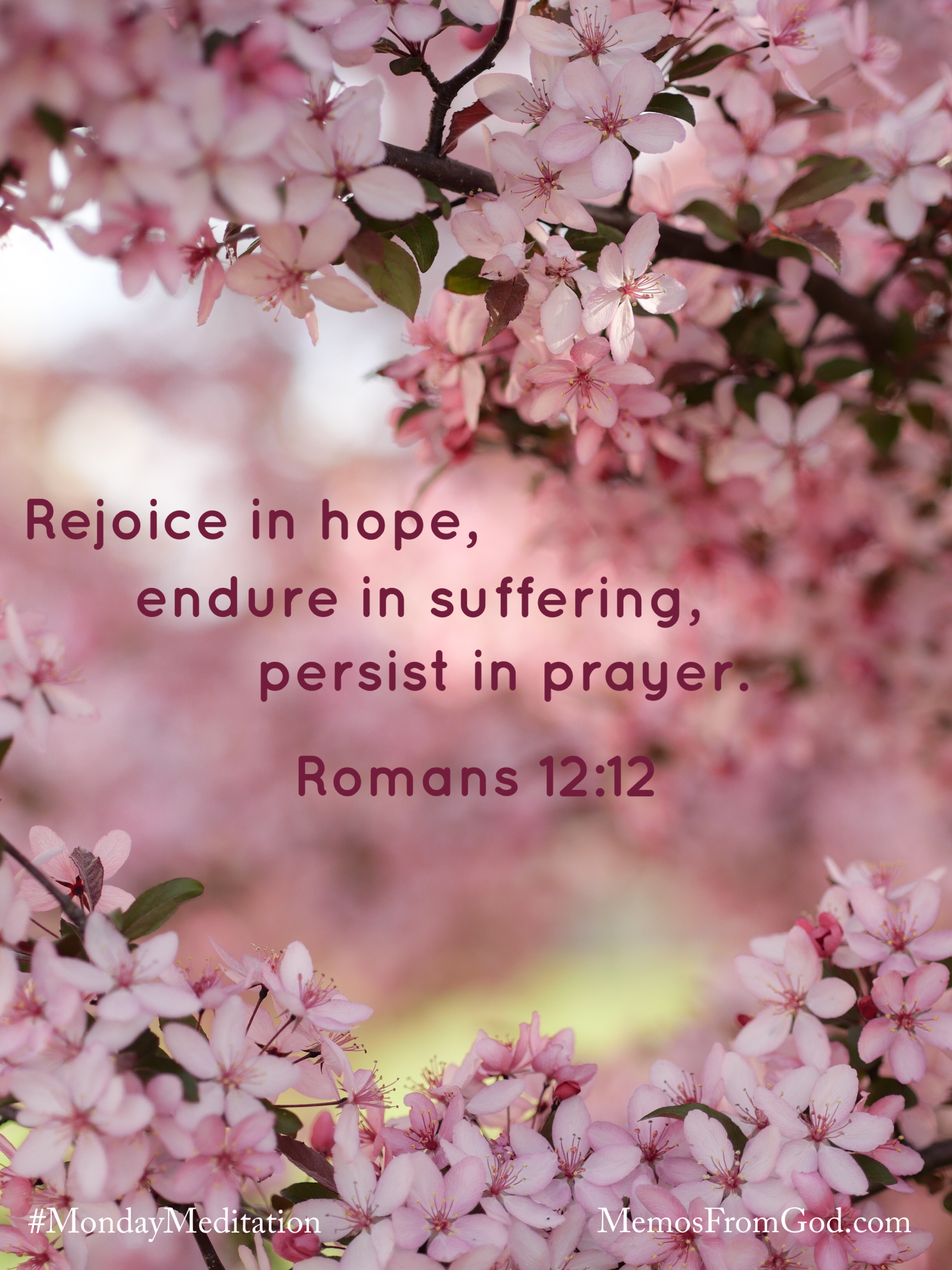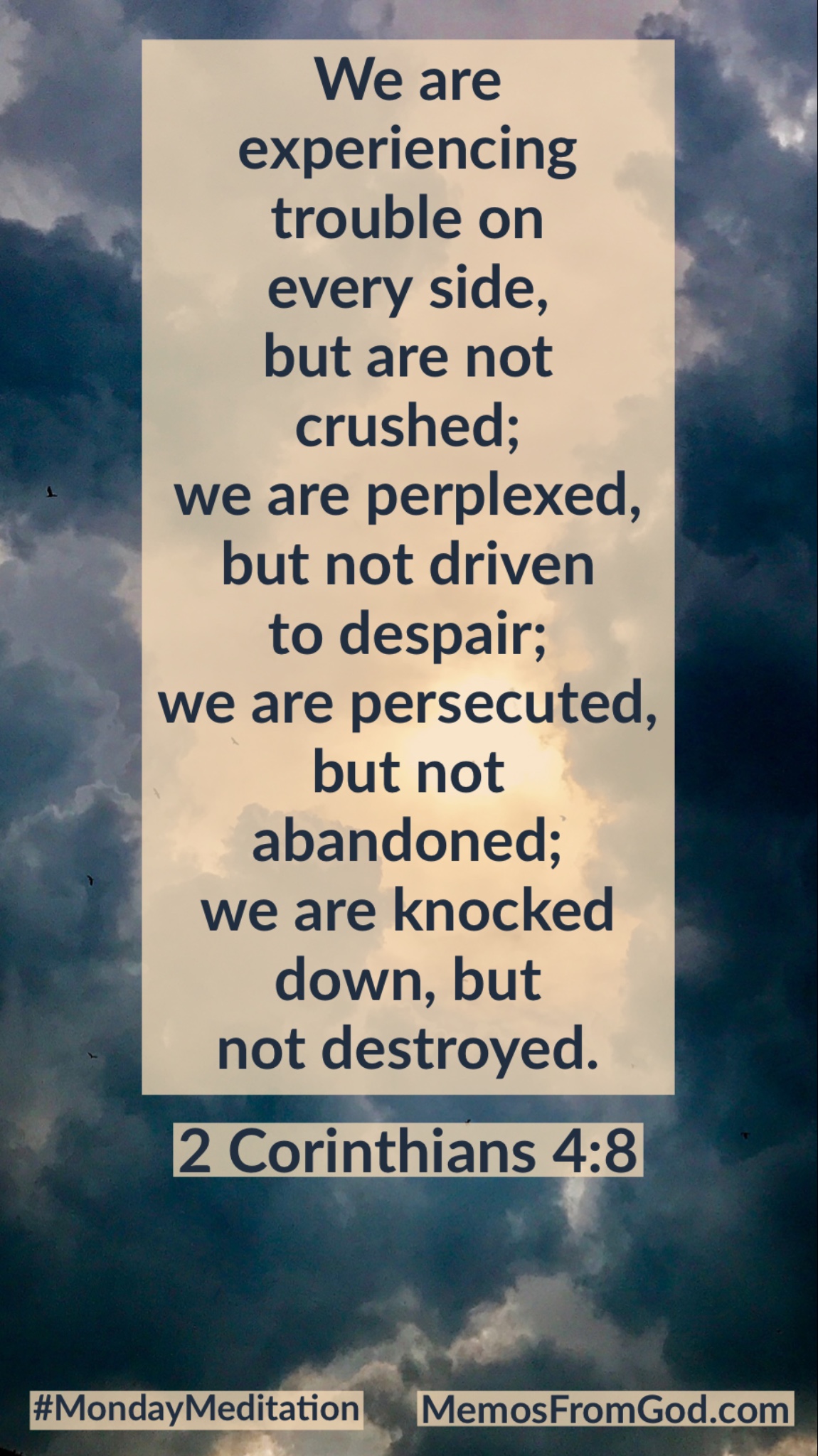

Attempting to Understand the Bible


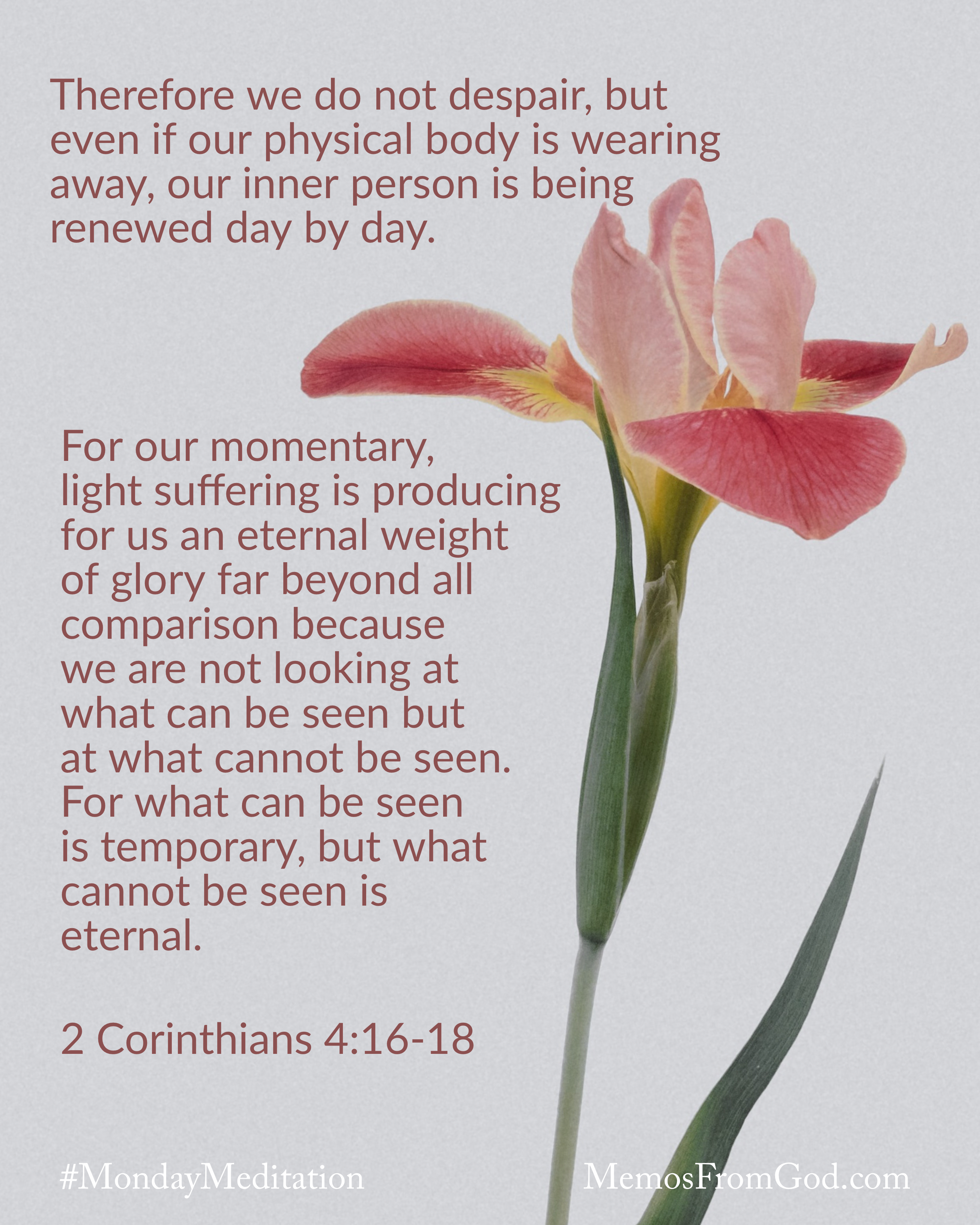
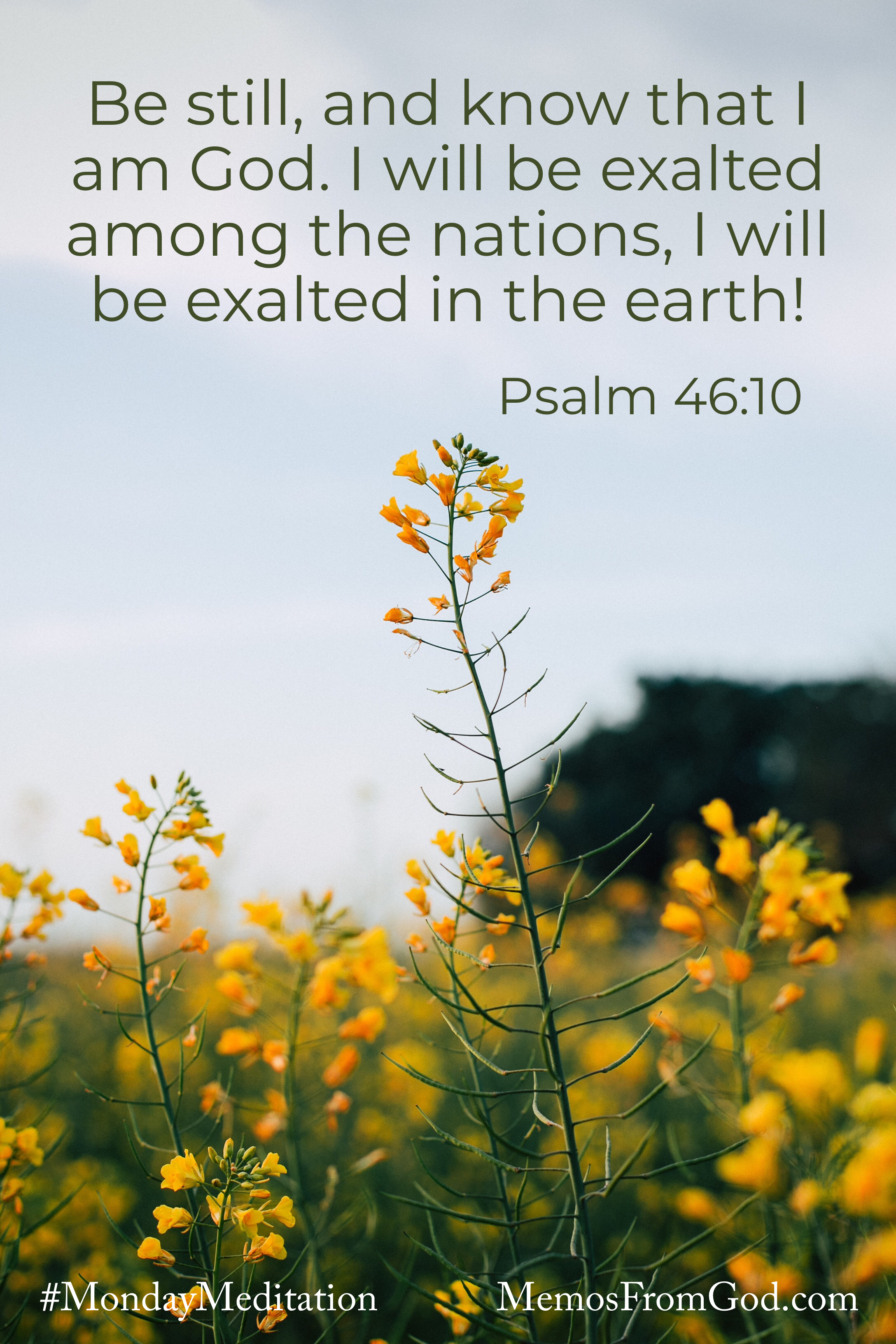
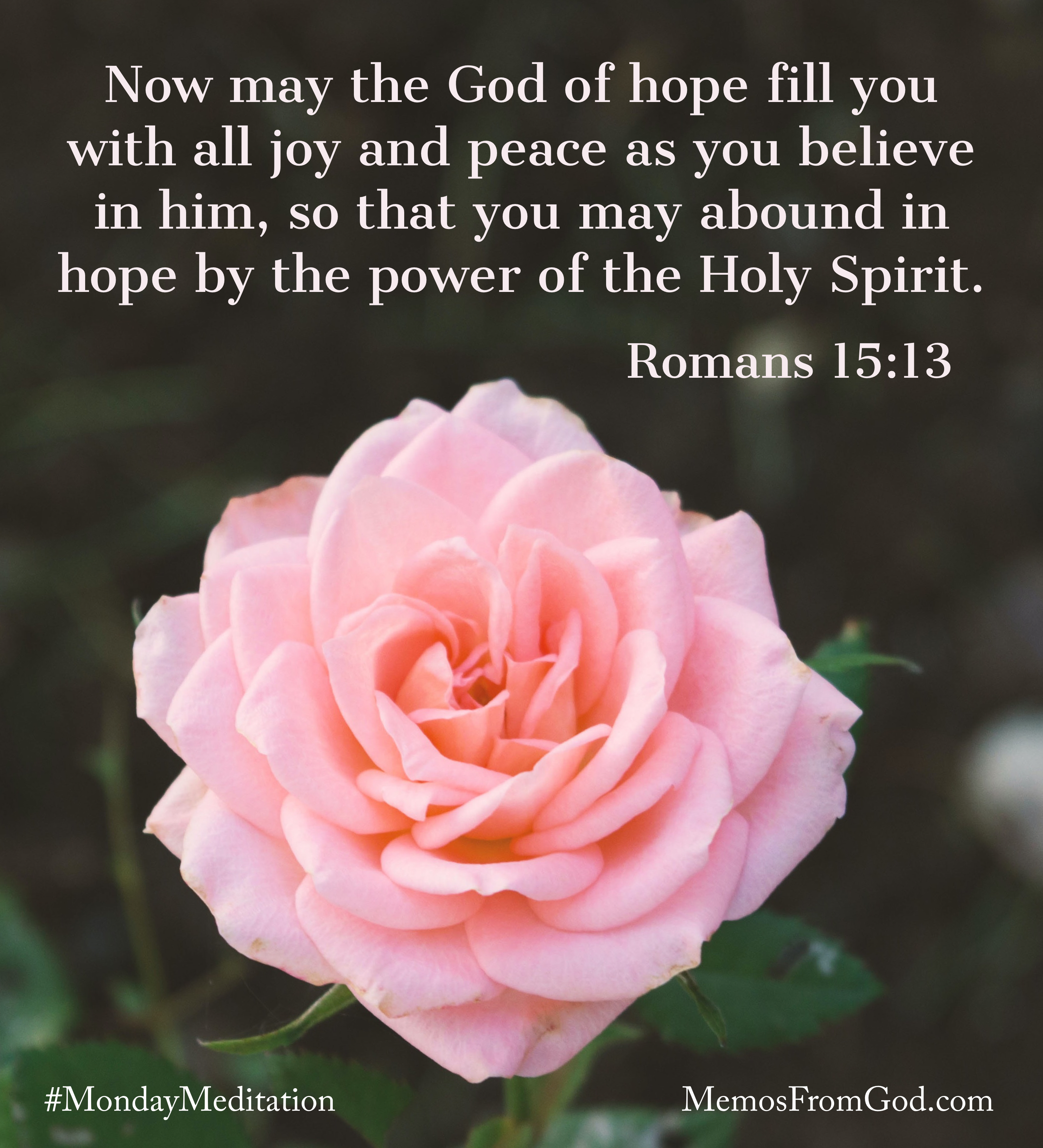
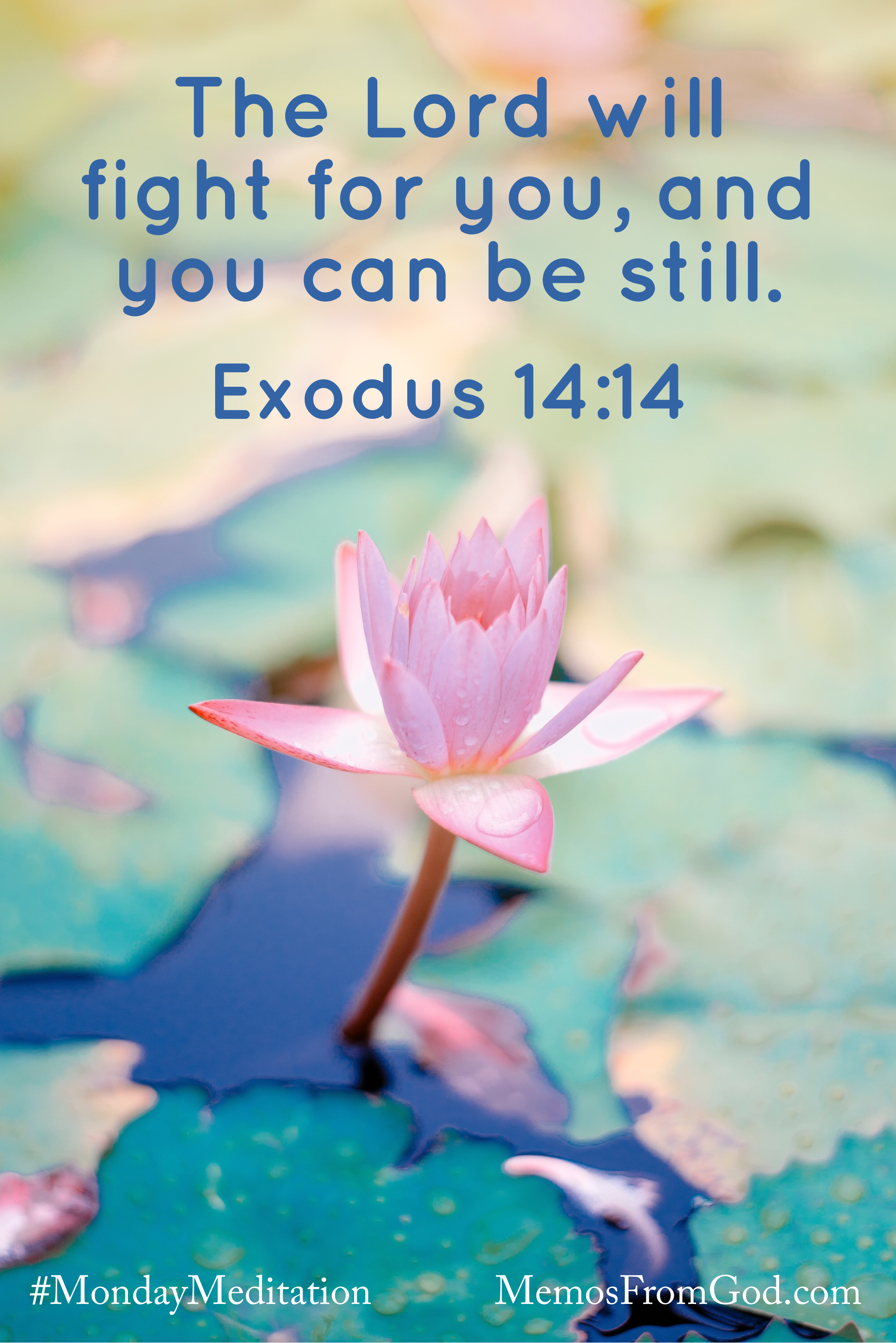
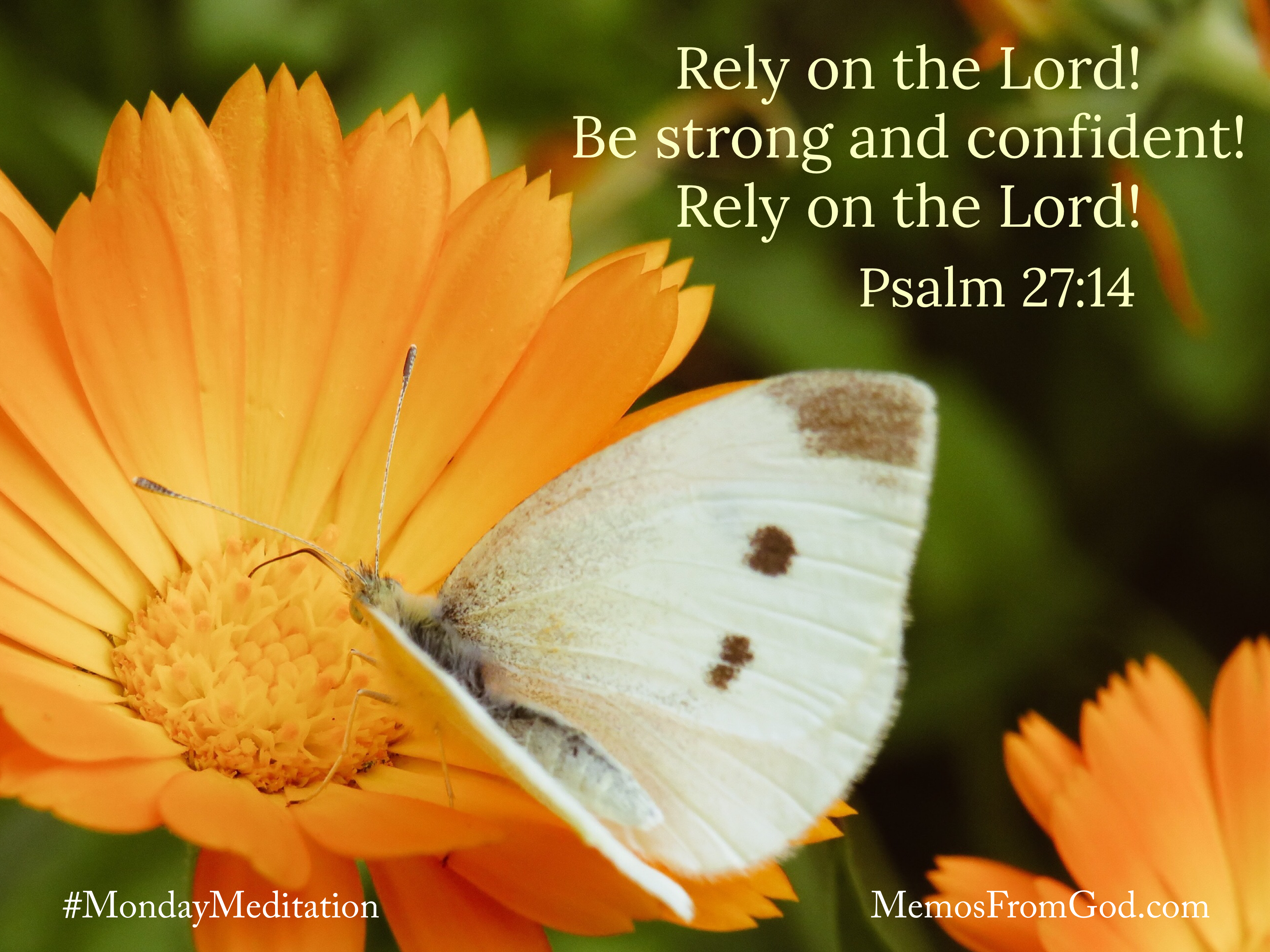
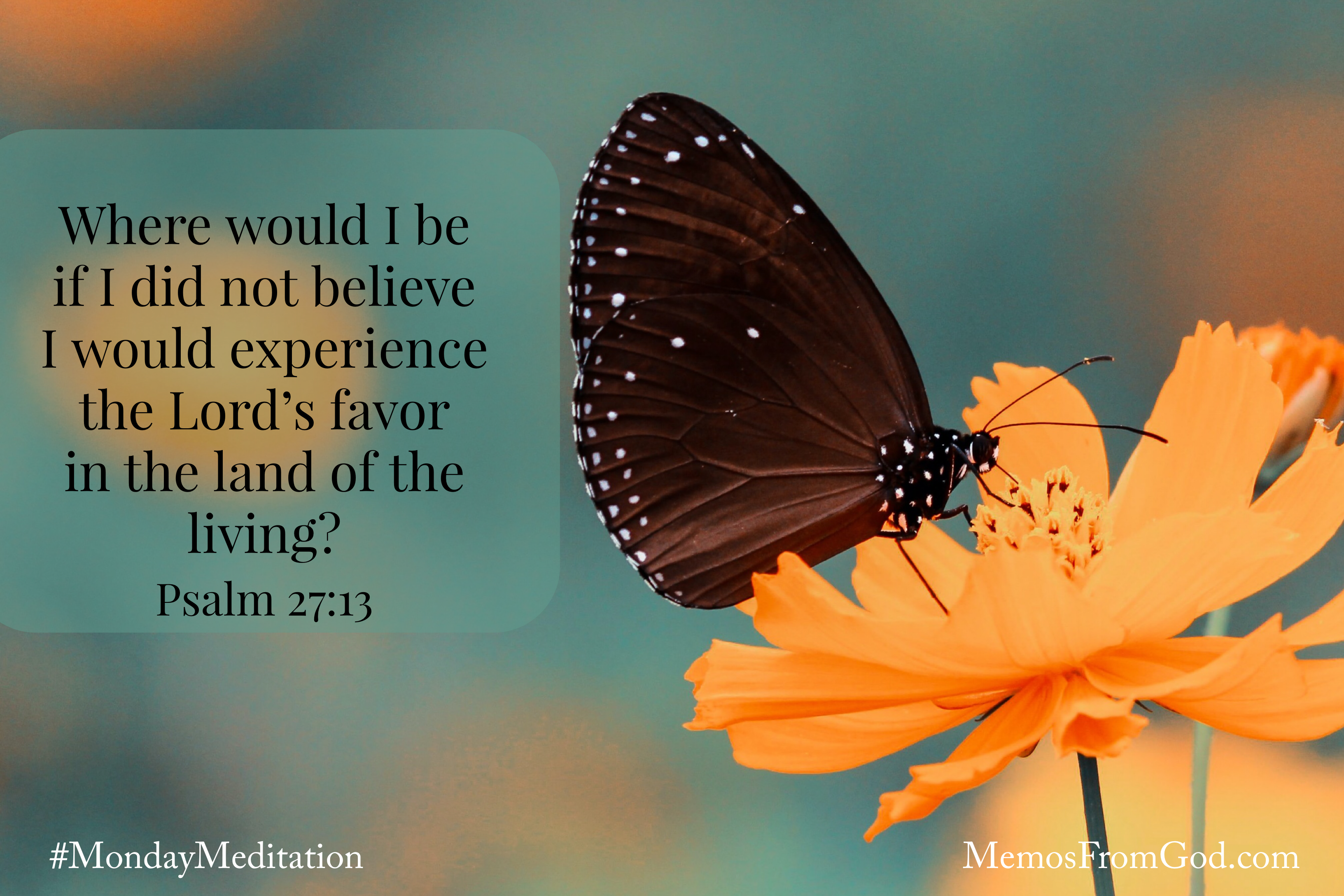
Today we begin a new theme for #MondayMeditation—hope. In challenging times, which this year has certainly been for most people, sometimes hope is all we have to hold on to. If that is true for you, I pray you won’t lose hope, and I pray the verses that I share will be an encouragement to you.
